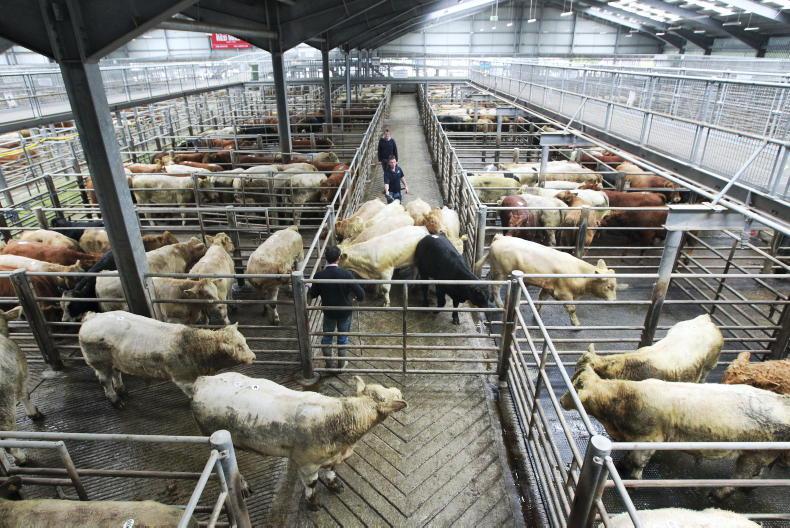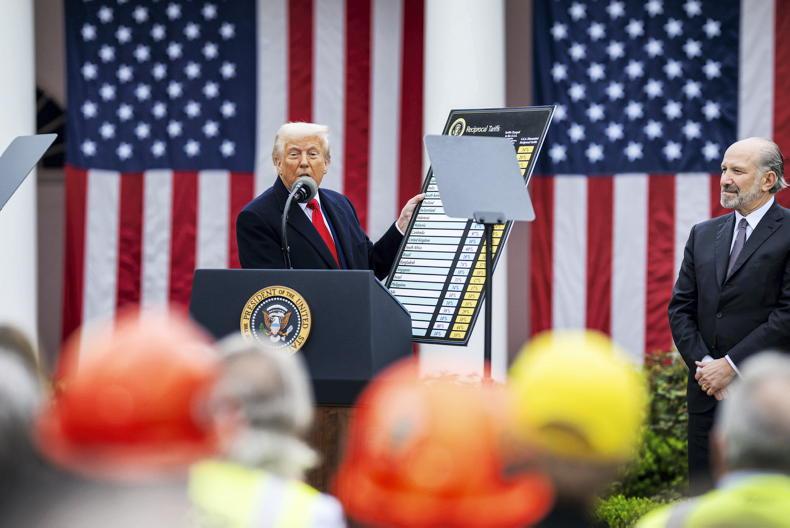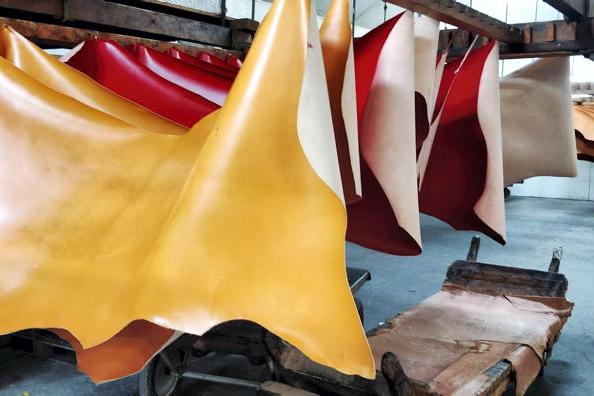It is disappointing that Irish beef exports to China are suspended again because of an atypical BSE case, but it is no more than that. The same can be said in relation to South Korea, where exports had just commenced.
The reason is that apart from the period following the initial commencement of trade in 2018, volumes to that market have been small, with just 1,449t of beef being exported between January and July this year, according to Bord Bia data.
This contrasts with over 6,000t between January and May 2020 when the first suspension because of an atypical BSE case occurred.
Ireland not alone
Ireland hasn’t been alone in falling foul of China’s strict import protocol in relation to BSE.
In September 2021, Brazil - China’s biggest supplier of imported beef - discovered an atypical BSE case and also had to suspend beef exports to China and the same happened again early in 2023.
This was much more significant for both China and Brazil than a suspension of Irish supplies, because Brazil is such a significant supplier and China is also Brazil’s main beef export market.
In 2023, China imported 1.2m tonnes of beef from China, just under half of its total 2.7m tonnes of beef imports. This volume also represents half of Brazil’s total 2.2m tonnes of beef exports in 2023.
Brazil’s first suspension lasted until the end of 2021; the second in 2023 lasted just a few weeks. The first Irish suspension ran from May 2020 until January 2023, while the second ran from November 2023 until January 2024.
This time round, there is an added political complication in that the EU and China are at trade loggerheads because of EU import tariffs on Chinese electric vehicles (EVs) and an investigation by China into EU dairy and pork exports.
Officially, these are completely separate issues, but any strain in EU-Chinese relations has the potential to make life more difficult for member states such as Ireland in resolving specific issues.
Negligible market impact
Irish beef exports to China have been so small this year as to have no material impact on the overall Irish beef export market, nor will they cause undue inconvenience for their Chinese customers, as they can be easily replaced.
Any disruption to Brazil is a major problem, not just for their exporters but their Chinese customers, who cannot instantly switch to an alternative supplier of such large volumes.
In fact, this has led to Brazil making a huge effort in negotiations with China’s import authorities to have the protocol amended to enable business to continue without suspension following an atypical BSE case, but so far haven’t succeeded.
If they are successful at some point with this negotiation, we might expect that Ireland could secure a similar modification to the import protocol.
It is rare for Irish beef producers to have common interests with their Brazilian counterparts in an international trade situation, but this is one such occasion.
China’s BSE protocol has now disrupted Irish beef exports to China on three occasions over the past six years and twice for Brazil.
If Brazil can succeed in persuading China to remove the BSE reference, then Irish exports can potentially benefit as well, assuming the Irish Government can secure the same arrangement.
That said, there is no guarantee that this will be achieved and, until it does, Brazil is exposed to the same risk with exports to China being suspended should another atypical BSE case emerge.
As for the market implications for Irish farmers, the volumes being exported to Brazil this year have been so small as to have negligible impact on the market.
Current Irish beef price is very much made in the UK, followed by the EU, though there are some signs of progress in the US this year.
Ironically, it would be much worse for Irish farmers if Brazil’s beef exports to China were disrupted for a prolonged period as they would be forced to divert their beef exports elsewhere and the EU and UK would be top targets.
If Brazil didn’t have China for their beef exports, then Irish farmers would face serious competition from Brazilian beef in UK and EU markets.









SHARING OPTIONS